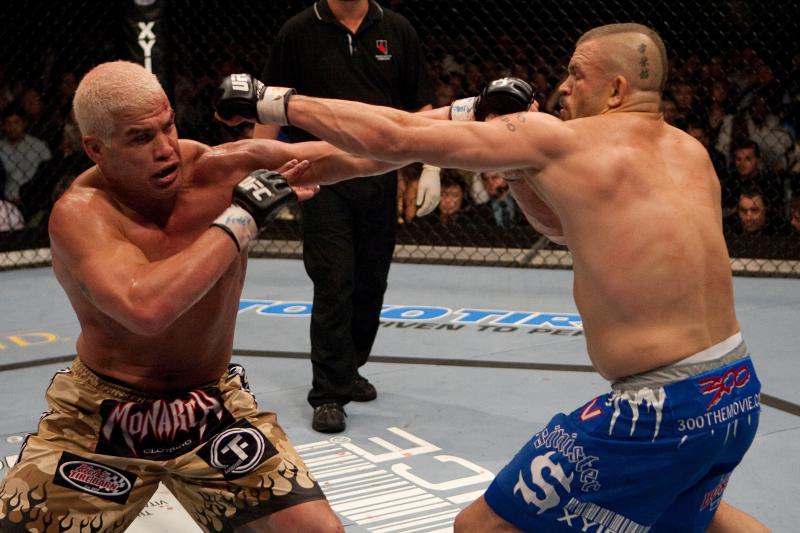
EliteXC Primetime, headlined by Kimbo Slice and Gina Carano
I’ve always known that, sooner or later, the Chinese art of Wing Chun Kuen would be represented in a professional mixed martial arts bout. I just didn’t expect to see it in MMA’s historic prime-time debut.

Robbie Lawler
On May 31, 2008, “Ruthless” Robbie Lawler forever settled any reasonable doubts about Wing Chun’s viability in real combat. And he did it by accident.



